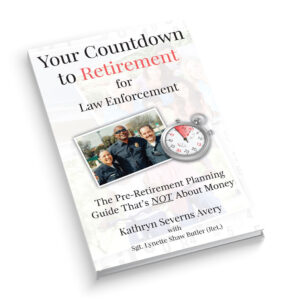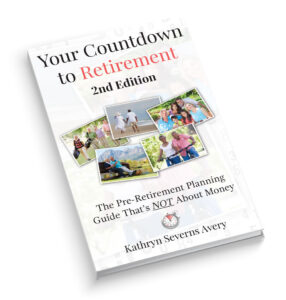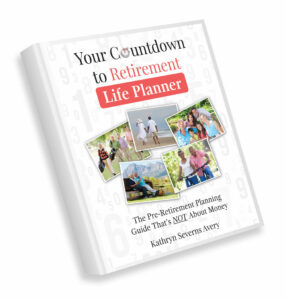It's Not Just About the Money!
Storage Wars
-
Author : Your Countdown to Retirement
Date : July 28, 2016
Category : Redefining Retirement
Comments : 0
Like : 0
By Christopher Avery
As we age and downsize the question looms, “What do we get rid of and what do we keep?” This question can lead to heated discussions about what’s worth saving and what’s not.
Furniture is often the largest item stored, but there are also household goods we have used and cherished all our lives. Here’s a hard, cold fact that most of us don’t want to know: Your kids and your siblings’ children don’t want your stuff! I know it is “good stuff.” But they don’t want most of it. Even if it’s a wonderful mahogany four-post, queen size bed of highest quality, be prepared to let it go.
Keep only the things you use and which actually fit your lifestyle, home and needs. After you’ve made your selections, let your friends and family choose what they want and have them take it immediately!
You may be tempted to put things into storage. After all, you might need it sometime. However, public storage units are a terrible idea! Here are some things you should consider before you store.
Storage units seem like a good idea. They remain enormously popular. So much so that the U.S. has enough storage space for every man, woman and child to occupy 7 square feet!
It’s easy to see how and why people get “hooked” on having a storage space. Monthly rental initially appears to be quite reasonable, typically ranging from $50-to $150. The reality is that most people are too lazy to cull through their stuff and throw out what they don’t want.
More importantly, they are not realistically evaluating the present and future value of their stored possessions. Consequently, most people are willing to pay a premium of $1200-$1800 per year to have boxes of unwanted stuff out of sight and out of mind
The reason storage units don’t make sense for most people is that their possessions are depreciating in value (in almost every case) while time passes in storage. Very, very rarely does an item emerge from storage worth more than when it was put in storage. In essence you are paying to hang onto unwanted, depreciating, assets.
The storage unit managers often get free housing in exchange for renting units and keeping them tidy, but they are not paid to act as security guards. Most facilities do not have onsite security patrols. Once the main gate opens, anyone can go to a unit, defeat the $20 lock, and take what they like. Just as you can’t purchase insurance for a safe deposit box, you cannot purchase insurance on a storage unit. Your homeowner’s insurance may or may not cover your losses.
The only time a storage unit makes ANY sense whatsoever is on a short-term, temporary basis. For example, when you’ve sold your old house and your next residence is not ready for occupancy for weeks, not months. In that situation you store ONLY the things you will use in the new location.





